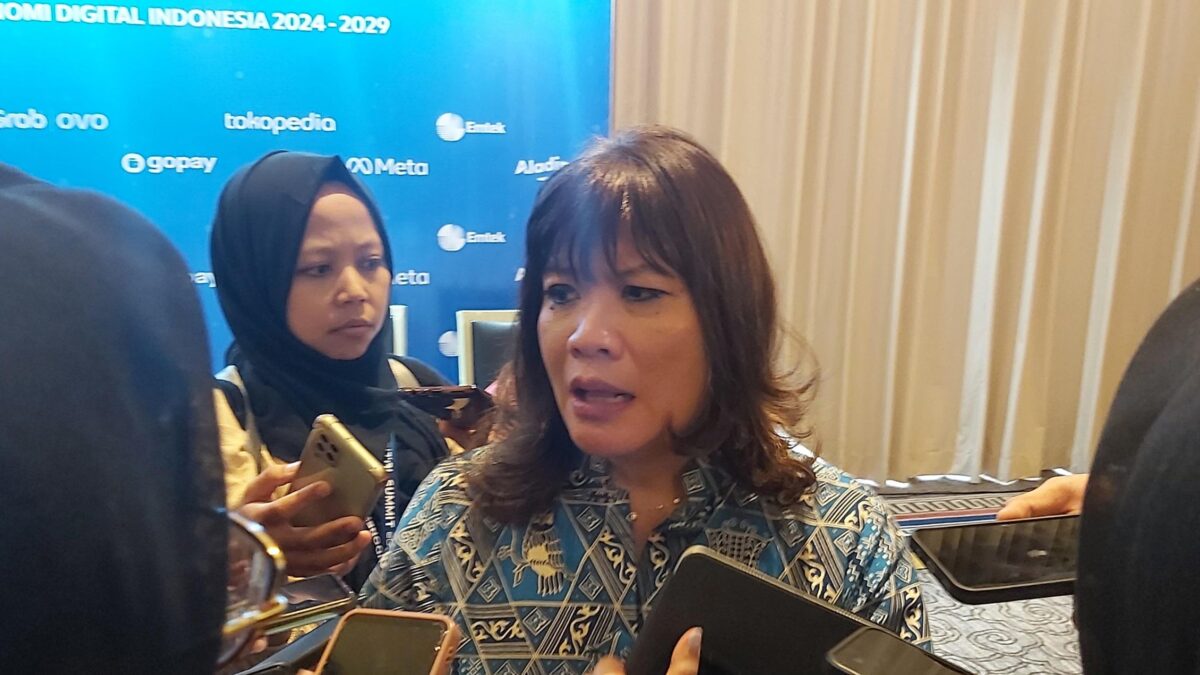Jakarta, 15 January 2024 – Indonesia’s economic growth in the third quarter of 2023 was 4.94% year on year (yoy). This figure slowed compared to the previous quarter (5.17% yoy) and is still below the government’s target for 2023 of around 5.3%.
General Chair of the Indonesian Entrepreneurs Association (Apindo), Shinta Kamdani, said that one of the reasons why Indonesia’s economic growth is below target is the slow digitalization of the micro, small and medium enterprise (MSME) sector. This was conveyed at the 10th Annual Indonesia Economic Forum with the theme ‘Unleashing the Power of Digitalization Across the Nation’ at The Habibie & Ainun Library, South Jakarta, Wednesday (29/11/2023).
“In my opinion, our growth is still far from 7%. To achieve this, all businesses, all sectors need to digitalize and move towards structural reform. We see that the biggest problem in digitalization adoption is inclusivity and the widening gap in digital adoption for MSME group,” he said.
According to Shinta, this suboptimal growth indicates there is a problem. Moreover, the MSME sector supports 97% of the Indonesian economy in terms of labor absorption.
Shinta said that technology financing and cyber security were clearly obstacles for SMEs. This is also reflected in the data Apindo found in the field.
“Did you know that 61% of SMEs are women? But only 17 percent of them are present on e-commerce platforms. This is still a very big problem, especially the success factors for digital-based businesses, namely IT infrastructure and human resources,” he said.
He then explained the mapping of 4 challenges for MSMEs in adopting digital tools and technology in their businesses. First, limited knowledge and literacy skills as well as the technology and tools needed.
Second, there is a lack of understanding about the possible applications of digital for business and its benefits. Third, there is a limited budget for investing money in hardware, software and operations. Fourth, frequent handling of network and signal problems.
“Our survey also found that the business world, especially MSMEs, really want to adopt digital technology. I think we are now moving towards training including digitalization. Because what is important is to move from just talking about minimal users, but more towards increasing capacity,” he said. (CR-14)
The original article in Bahasa Indonesia can be accessed here

